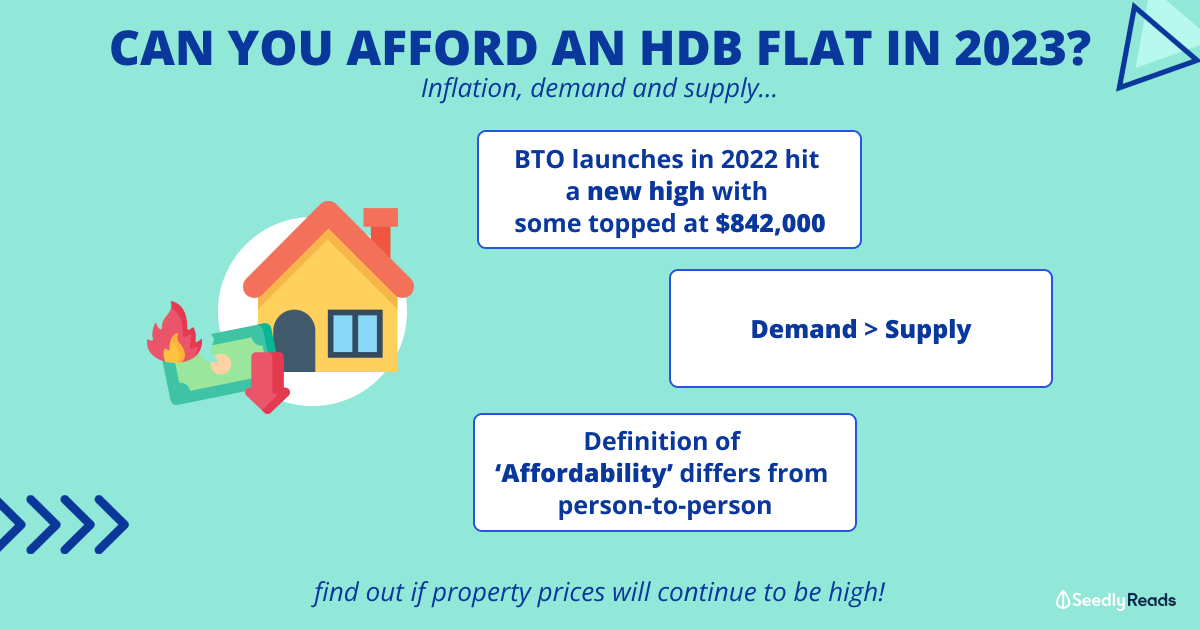Advertisement
Anonymous
How do you DCA into an ETF if the price keeps going up?
How do you DCA into an ETF if it keeps going up, hence your average buying price of the ETF increase = lesser profits? And when to take profits?
3
Discussion (3)
Learn how to style your text
thefrugalstudent
27 Apr 2021
Founder at thefrugalstudent.com
Reply
Save
Tan Choong Hwee
27 Apr 2021
Investor/Trader at Home
The reason to DCA into an ETF is because you believe in its long term up trend. Since it is difficult to predict where the ETF is going in the short term, DCA helps to average your entry price. If the ETF keeps going up, your earlier DCA entries would have gained more profits, while the later DCA entries would also start accumulating profits and participate in further upside.
When you have built up your ETF holdings to your desired size according to your overall portfolio allocation, you can stop DCAing. You can take profits on several conditions:
You really think the up trend is ending.
You are rebalancing your overall portfolio allocation.
You need to raise some cash for certain expenses.
Reply
Save
Wisely make a good choice first
then stay course and reinvest monthly or quarterly or annually with...
Read 1 other comments with a Seedly account
You will also enjoy exclusive benefits and get access to members only features.
Sign up or login with an email here
Write your thoughts
Related Articles
Related Posts
Related Posts
Advertisement








Hi Anon,
I think, to begin with, it's important to understand the rationale behind DCA as opposed to lump-sum investing. DCA is employed as a way to average out your buy-in price of an investment. This is usually used by people who are worried about short-term price volatility. Ie if you invest today and prices fall next month, you will get to leverage on that.
Meanwhile, lump-sum investing is employed as a way to maximise long-term profits because you have more money in the market for a longer period of time = potentially higher returns.
Like you have pointed out, DCA will result in fewer profits if prices keep going up. This is the risk that is inherent in the DCA approach - you don't know when and by how much prices are going to go down. So if the thought of fewer profits bothers you, perhaps you should consider lump-sum investing, though that comes with its own risks as well.
As for when to take profits, I think most people investing in ETFs aren't looking for short-term profits. They are generally used as a vehicle for long-term growth because ETFs kind of adopt the "slow and steady wins the race" approach and don't usually have massive spurts of growth as some stocks do. Of course, there's nothing wrong with taking profits if you want to/need to. I'd probably only do so if I a) need the cash for more urgent, immediate purposes, or b) am rebalancing my portfolio's allocation, though I'm not a fan of either one in general.
You can check out this post for an introduction to lump-sum investing and DCA! Hope this helps & all the best!
Regards,
thefrugalstudent